

2019-10-17 08:35:00 Thu ET
federal reserve monetary policy treasury dollar employment inflation interest rate exchange rate macrofinance recession systemic risk economic growth central bank fomc greenback forward guidance euro capital global financial cycle credit cycle yield curve
The European Central Bank expects to further reduce negative interest rates with new quantitative government bond purchases. The ECB commits to further cutting negative interest rates to -0.5%. Also, the ECB refreshes radical monetary stimulus in the form of quantitative-easing (QE) government bond purchases. In particular, the ECB plans to buy €20 billion government bonds each month from November 2019 onwards. As the ECB president Mario Draghi expects to step down in late-October 2019, this key monetary stimulus helps fulfill his landmark legacy about a decade after the global financial crisis of 2008-2009.
Moreover, this strategic move serves as a defensive response to the recent dovish interest rate reductions in the U.S. and other countries such as India, New Zealand, and Thailand. In terms of global monetary policy coordination, these interest rate cuts anchor low and stable inflation expectations and exchange rates worldwide. The ECB can successfully assuage the concern and suspicion that most French and German central bank hawks share in recent times. Yet, the persistent negative interest rates and ad hoc QE government bond purchases draw direct criticisms from UBS and Deutsche Bank. The current monetary stimulus may or may not be sustainable in the long run.
If any of our AYA Analytica financial health memos (FHM), blog posts, ebooks, newsletters, and notifications etc, or any other form of online content curation, involves potential copyright concerns, please feel free to contact us at service@ayafintech.network so that we can remove relevant content in response to any such request within a reasonable time frame.
2019-08-09 18:35:00 Friday ET
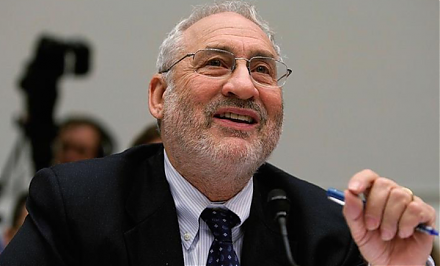
Nobel Laureate Joseph Stiglitz maintains that globalization only works for a few elite groups; whereas, the government should now reassert itself in terms o
2020-05-14 12:35:00 Thursday ET

Disruptive innovators can better compete against luck by figuring out why customers hire products and services to accomplish jobs. Clayton Christensen, T
2023-06-14 10:26:00 Wednesday ET
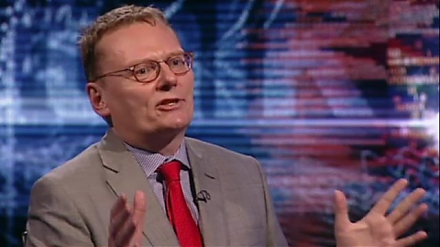
Daron Acemoglu and James Robinson show that good inclusive institutions contribute to better long-run economic growth. Daron Acemoglu and James Robinson
2025-07-01 13:35:00 Tuesday ET
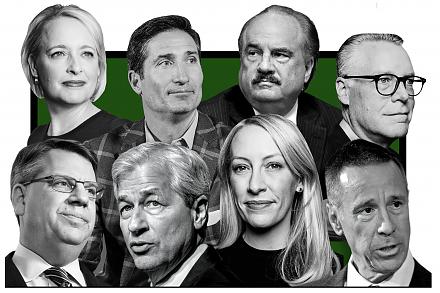
In recent times, financial deglobalization and asset market fragmentation can cause profound public policy implications for trade, finance, and technology w
2019-05-13 12:38:00 Monday ET
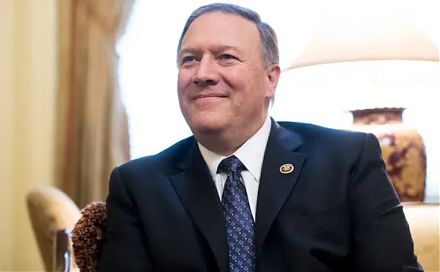
Brent crude oil prices spike to $70-$75 per barrel after the Trump administration stops waiving economic sanctions on Iranian oil exports. U.S. State Secret
2020-03-19 13:39:00 Thursday ET
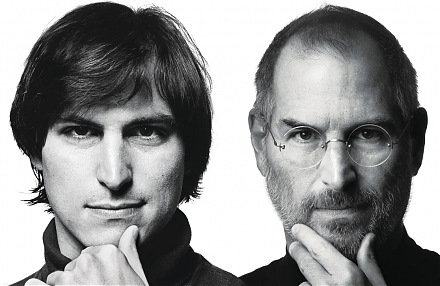
The business legacy and sensitivity of Steve Jobs can transform smart mobile devices with Internet connectivity, music and video content curation, and digit